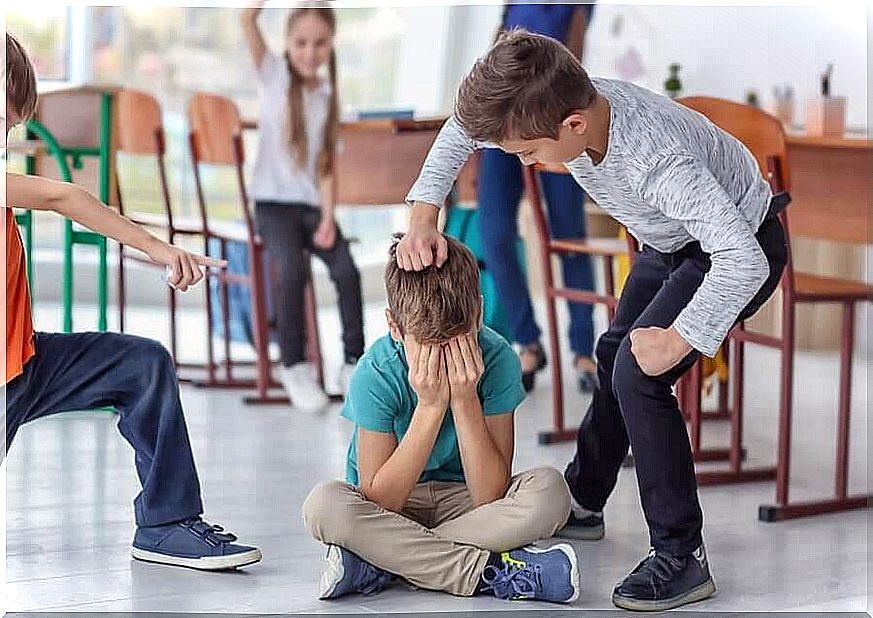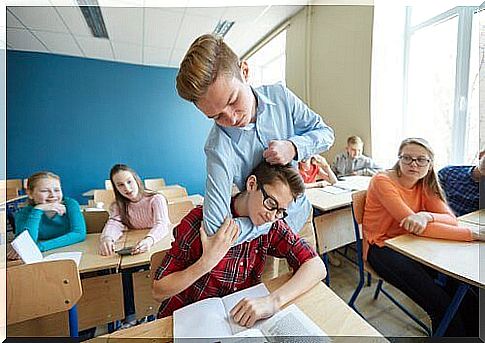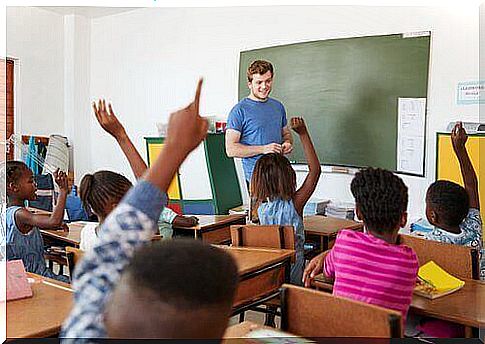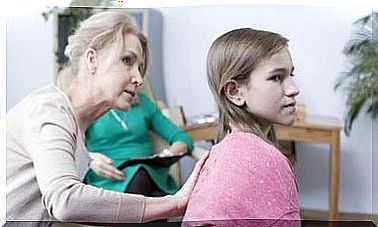Solving Problem Situations At School

Unfortunately, bullying and other problem situations are commonplace in schools around the world and should not be turned a blind eye. Schools teach not only reading, counting and general education, but also social interaction. Unfortunately, when a large group of children or young people gather under the same roof, the days are not always just dancing with roses. Resolving problem situations at school is paramount, and today we are talking about how to move forward in resolving conflicts that develop at school.
What kind of conflicts can develop in school?
At the outset, it is important to clarify what is meant by conflict. A conflict is a situation where two or more people do not agree on something and cannot reach an agreement. Conflicts of different levels are therefore very common in human life.
Conflicts may develop in the school between teachers and students as well as more students. Depending on the type of conflict and how the situation is handled, the problem can affect the whole school class and its learning and progress in studies. The type of conflict can be, for example, social or cultural or learning-related. They can be anything between very rare and very serious. In order to find a solution, it is important to identify the real root cause and participants in the problem situation and what the situation aims to achieve.
Solving problem situations at school
Although there is no clear answer to this question (as each situation is different), there is well-established advice and procedures to deal effectively with conflicts that develop at school.
In any case – and whether it is adults or children – it is important to involve children in dispute resolution so that they gain experience of teamwork and good attitudes.

Conflict prevention at school
First, it is important to create a good atmosphere in the school classroom, as well as clear rules of conduct. The adult is in charge (i.e., the teacher) and should pay attention to those children who have problems, and preferably individually.
Teachers should teach children good values as well as promote emotional and social skills. Group activities are an excellent help here.
Promotion of communication
Communication (both verbal and nonverbal) largely determines human behavior in school as well. It is therefore essential that homework includes tasks that improve communication skills both between students and in relation to teachers.
Teachers should also develop their own communication skills, as the atmosphere in the classroom depends on these.
While conflicts cannot always be avoided from development, communication may be key to finding a solution. Working on conflicts through open dialogue and active listening are ways that should be respected and promoted in children.

Mediation is always a necessary tool
Often the parties to a conflict are unable to resolve the situation alone. Therefore, the role of the mediator is extremely important, and it is also a key issue in disputes between students – the teacher then acts as a mediator.
When students have problems with each other in the school classroom, parents, a teacher, or some other adult is needed to help the parties reach an agreement that benefits everyone.
Mediation is a very widely used and effective technique for solving problem situations that develop in school. This technology is mainly based on communication, equality and independence.
When the parties to the conflict themselves are involved in the mediation, the results are fairer and more equitable.
It should be remembered that teachers and schools need to constantly encourage students to use positive communication skills towards and with authorities.









